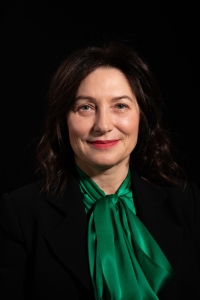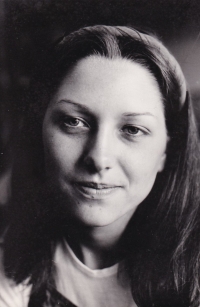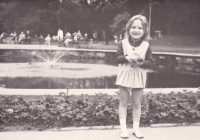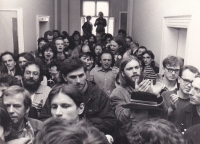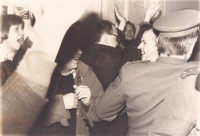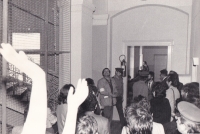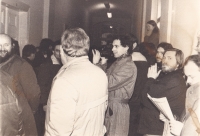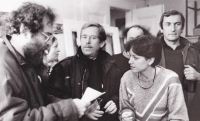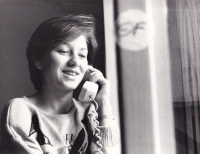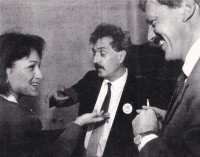She just wanted to lay flowers. She got nine months bluntly
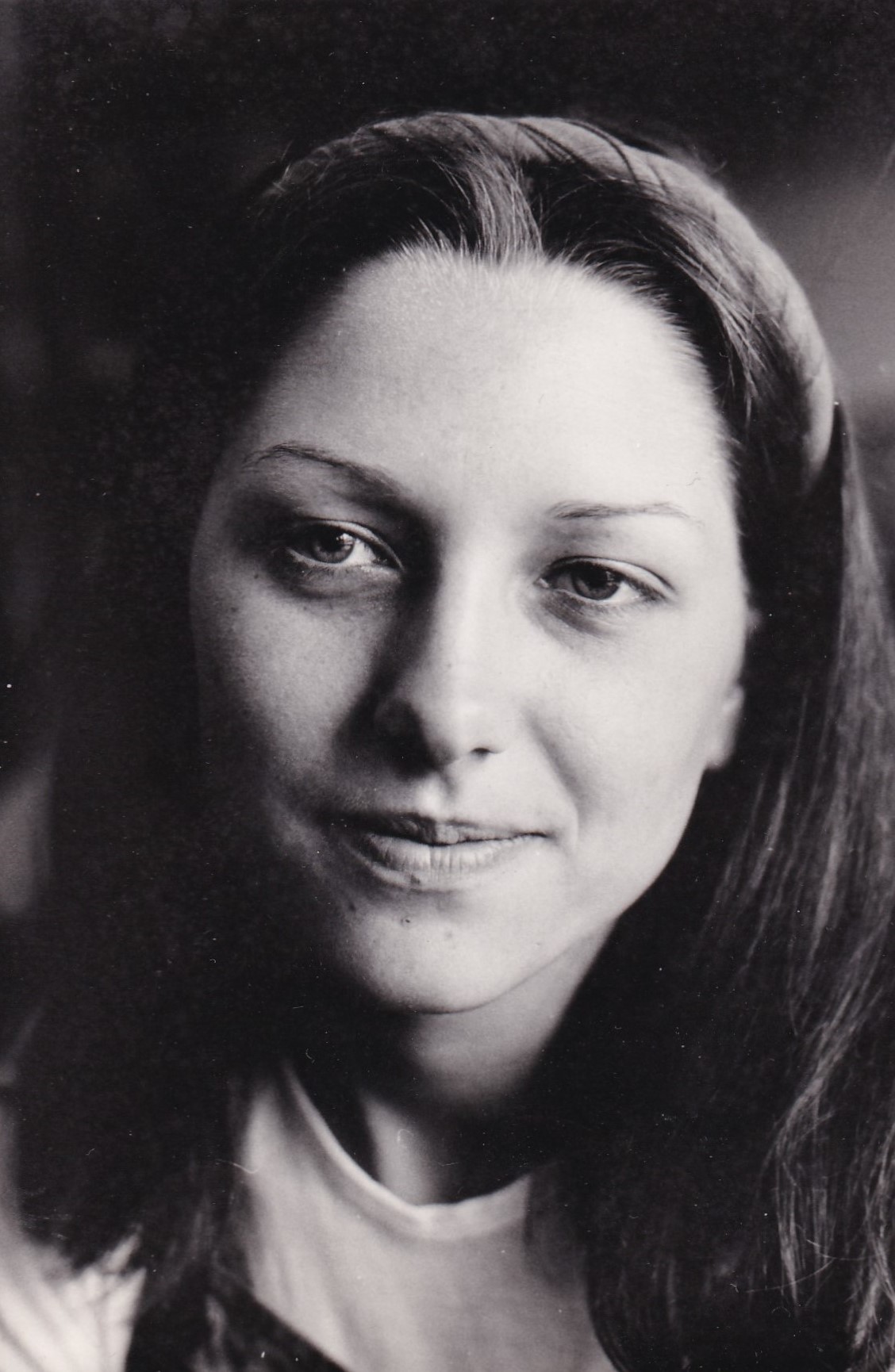
Download image
Jana Marco, née Pacholíková, was born on 16 September 1966 in Šternberk, but she has lived in Prague since childhood. Her mother worked as a researcher, her father as a civil engineer. Both were expelled from the party in 1968, which condemned them to work in ordinary jobs. As a teenager she was drawn to Western culture and at nineteen became a member of the Jazz Section. She stood up for its leadership when the regime began to persecute the group in the second half of the 1980s. She stood at the birth of the Independent Peace Association and spoke on its behalf at a demonstration on Škroup Square in 1988. She was arrested during Palach Week. She was sentenced to nine months, of which she eventually served six. After her release, she signed the petition Several Sentences and, under her then name Jana Petrová, the Declaration of Charter 77. She was instrumental in the founding of the Civic Forum, for which she was also a deputy after the revolution. Later she was also a deputy for the ODS party, for which she was also a spokesperson. She retired from politics in 1998. She chaired the Council of the National Library for several years and was also chairman of the Board of Trustees of the National Gallery Foundation. In 2022 she lived in Prague and worked at the PR agency PAN Solutions.
